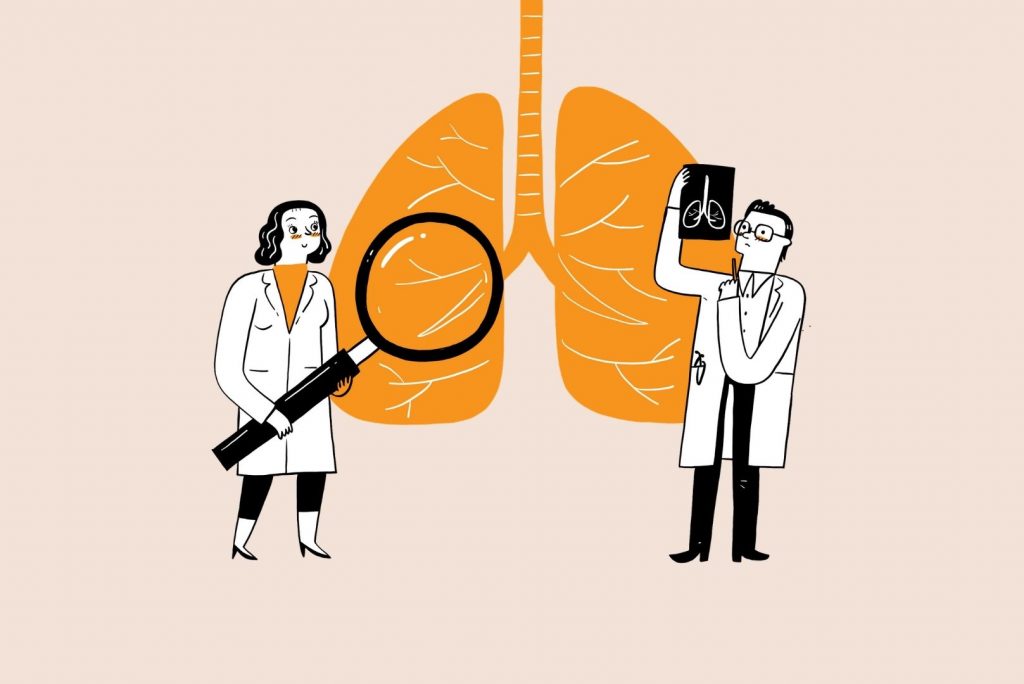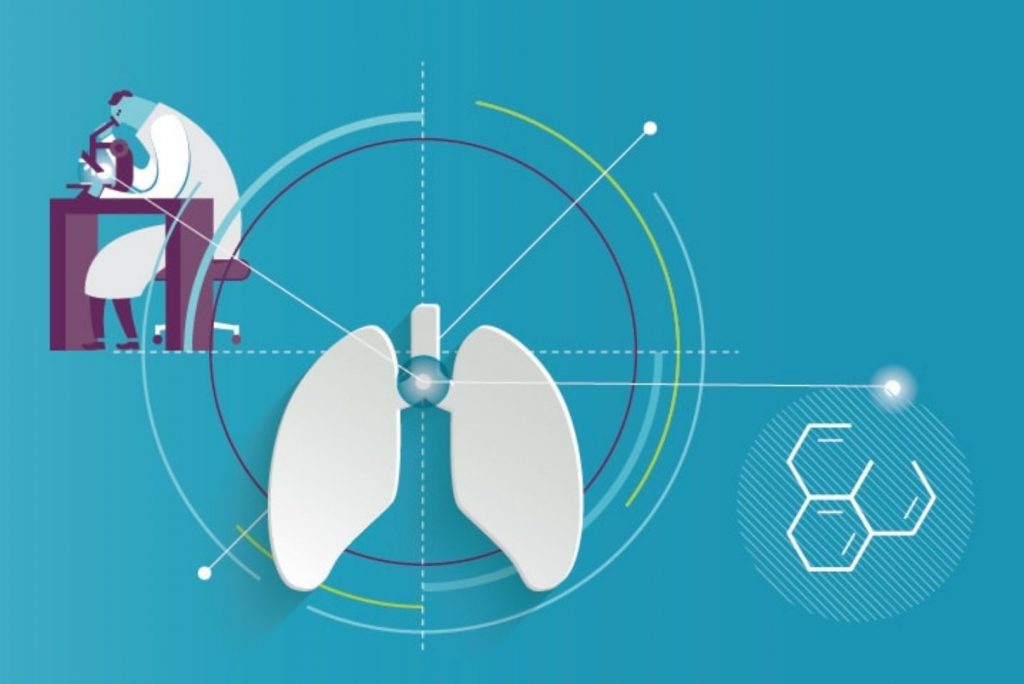THINGS YOUR PULMONOLOGIST WANTS YOU TO KNOW!
385 viewsOur respiratory system is a collection of three different parts- the airways, the lungs, and the respiratory muscles. All these collectively help the human body to breathe, which will eventually be responsible for the supply of oxygen to other parts like the brain, limbs, heart, etc.
A person is referred to a pulmonologist in case he/she shows symptoms of any sort of respiratory or breathing difficulties. A pulmonologist specializes in the study of the respiratory system and diagnoses as well as treats such disorders and the branch of medicine which deals with it is called pulmonology. Asthma, bronchiectasis, interstitial lung diseases, and emphysema are a few of the widely known illnesses. In case you want to know more about things to be kept in mind before your visit to a pulmonologist, keep on reading.
YOUR PULMONOLOGIST’S EXPECTATIONS
1. Come clean with your pulmonologist

Everyone has a history. There might be certain choices that you are not proud of, but it is never too late. Be open with your doctor, talk to them about your addictions may it be smoking, alcoholism, or anything else, be on your toes with your medical history. All these steps would help your pulmonologist cut time on multiple medical tests to diagnose and jump faster on to treatment. Fear of judgment is one of the biggest barriers to open communication.
2. Track your symptoms

Don’t worry! No pulmonologist will expect you to know what has happened to you. However, be aware and a smart patient. Do keep a track of what all symptoms you have been facing, for how long have you been observing them, where exactly do you feel pain or stress or has it aggravated over time? Be handy with answers to all these questions and communicate them well. Being clueless can lead to either a lot of time consumption over-diagnosis or sometimes wrong diagnosis.
3. Complete your course

No matter how better you feel, do not ever make the mistake of leaving your treatment midway. Your doctor is well aware of the trajectory. Medicine prescribed to you gives you an illusion of a fit body, or in some cases, it is the nature of the treatment that is meant to make you feel good at certain stages. Either case, do not stop consulting or treatment unless your pulmonologist gives a green signal to go forth.
4. EXERCISE – Your individual efforts count
 No pulmonologist, no medicine, and no treatment have the ability to heal you overnight. Exercising, in some cases might not be advisable, but have a chat with your doctor. Religiously follow their advice when it comes to exercising because medications when combined with appropriate physical strain, can accelerate the healing process, improve stamina and decrease breathlessness. Deep breathing exercises, prescribed yoga sessions, brisk walking are all steps towards a healthy life. Remember: ‘Your body responds to your wishes. Wish for a quality life.’
No pulmonologist, no medicine, and no treatment have the ability to heal you overnight. Exercising, in some cases might not be advisable, but have a chat with your doctor. Religiously follow their advice when it comes to exercising because medications when combined with appropriate physical strain, can accelerate the healing process, improve stamina and decrease breathlessness. Deep breathing exercises, prescribed yoga sessions, brisk walking are all steps towards a healthy life. Remember: ‘Your body responds to your wishes. Wish for a quality life.’
5. Goodbye to unwanted habits

Observation says that most of the patients who develop pulmonary diseases are long-term smokers. These smokers form a perception that once diagnosed with a pulmonary disorder, quitting smoking is of no use. But remember this – Every step counts!
Smoking, not only is the root cause of life-threatening diseases like lung cancer but over a period of time, it reduces the brain’s ability to function, affects your heart – causing strokes, vision impairments, and whatnot. It is never too late for realization. Do not look for loopholes to your addictions, just drop it the very moment.
6. Maintain a balanced life

The rate of recovery takes a hike when one decides to get back to healthy living, which starts with getting a minimum of 7-8 hours of deep sleep. While you are sleeping, all your other functions which otherwise would be active throughout the day are now at rest and so the body focuses on healing the affected part the most. Several studies conducted, reflected the same conclusion that adequate sleep can have desirable results.
Consuming healthy food is another aspect of a balanced life. Incorporating adequate greens, proteins, carbohydrates, and vitamins help provide an additional supply of nutrients to repair the affected area.
7.Watch your weight

It is important to have a tab on your weight. Weight issues can cause additions to your already existing pulmonary disorders. Many pulmonologists have concluded that when extra fat or weight is sitting on your chest, it makes it harder for respiratory muscles to bring oxygen to the lungs. Apart from that, when you have a fit body, not only it makes you agile, balances internal body processes but it also helps you feel better about yourself and gives a positive outlook.
8. Never lose hope

It is a proven fact that no matter how good your pulmonologist is, once you lose hope, there is no way that tables can turn. What they say, ‘Miracles only happen to those who wait for them!’ is so true. Have a positive outlook towards the situation and keep your mental peace intact.
Relationship with your respiratory physician in case of occasional discomfort or pulmonologist in case of chronic ailments is bilateral in nature. Pulmonologists should also be visionary enough while undergoing diagnosis, treatment, understanding the mental space of their patients, and treat them accordingly so that their patients feel a sense of safety and security.
Summing up
With the joint efforts of both, the patient and the pulmonologist, where the patient adopts certain basic steps that make the diagnosing job of the doctor precise and easy along with properly reciprocating pulmonologist that identifies and treats the patient most accurately, can indeed improve the problems of pulmonary diseases in Tanzania. At Regency Medical Centre Ltd., we are dedicated to training our doctors in a way that they turn out to be the best pulmonologists in Tanzania with the best technological facilities and know-how to deal with such cases.
Our team is more than happy to talk to you! For any consultation from our pulmonologists, feel free to book an appointment today!



